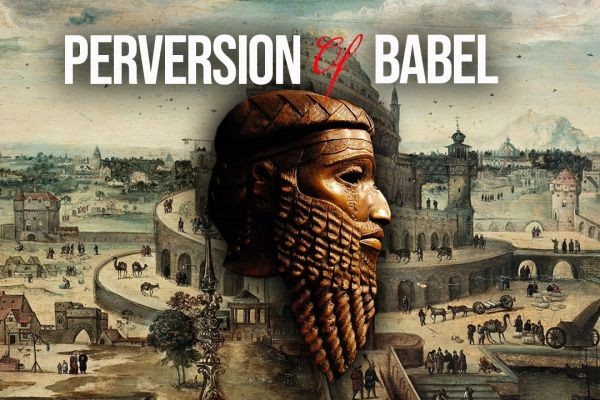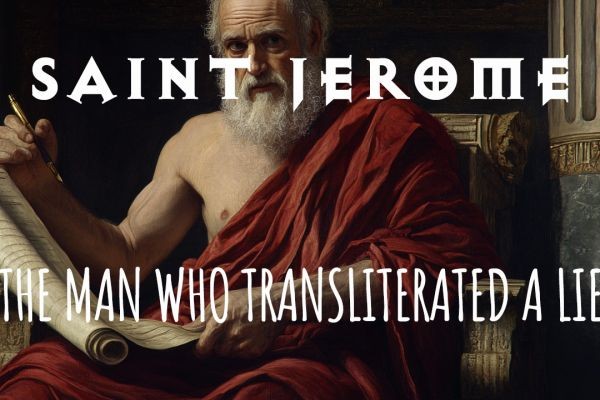By:Elia Avendaño Villafuerte* <br> <br>On August 9, 2019, in the evening edition of the Official Journal of the Federation, the Decree indicating the recognition of Afro-Mexican peoples and communitie..
01/06/25 • 284 Pogledi
On August 9, 2019, in the evening edition of the Official Journal of the Federation, the Decree indicating the recognition of Afro-Mexican peoples and communities was published as part of the multicultural composition of the Nation.
This addition was included in article 2Nd Section C of the Political Constitution of the United Mexican States, which states: "This Constitution recognizes Afro-Mexican peoples and communities, whatever their self-denomination, as part of the multicultural composition of the Nation. The rights set out in the preceding paragraphs of this Article shall be conducted in the terms of the laws, in order to ensure their self-determination, autonomy, development and social inclusion".

The specific content of the paragraph and the wording of the addition arose from individual subjectivities, personal motives and niches of opportunity that channeled political interests and ambitions by using the strength of the social movements of the Costa Chica de Guerrero and Oaxaca, Veracruz and other latitudes that have been calling for their constitutional recognition for many years.
This is not a gracious concession, it arises from an obligation of conventional international source and from the commitments made by the Mexican State to other countries, before its peers, these are contained in various systems, including:
- Universal Declaration of Human Rights (1948)
- International Covenants on Civil and Political Rights; Economic, Social, Cultural (1966)
- International Convention on the Elimination of All Forms of Racial Discrimination (1965)
- American Convention on Human Rights (1969)
- Convention 169 of the International Labour Organization (1989)
- Durban Declaration and Programme of Action (2001)
- Declaration of the International Year of Afro-Descendants (2011)
- Declaration of the International Decade for People of African Descent (2015-2024)
- Inter-American Convention against All Forms of Discrimination and Intolerance(2019)
- Inter-American Convention against Racism, Racial Discrimination and Related Intolerance (2019).

This Constitutional Reform to Article 2 was made to fulfill these mandates, halfway through the International Decade for Afro-Descendants,promulgated by the United Nations, to address international pressure in the face of the lack of results that the Federal Government was required to report to the Committee on the Elimination of Racial Discrimination.
It is not about the government goodwill, everything was added, here played a great role the performance of three women, Beatriz Amaro Clemente, Juliana Acevedo Avila and Teresa Mójica Morga,who as representatives of their organizations and several others: Association of Women of the Coast of Oaxaca AMCO A.C.; Collective to Eliminate Racism, COPERA; Liaison of Autonomous Coastal Peoples and Organizations A.C. EPOCA, A.C.; Afromexicana Petra Morga Foundation, A.C.; The A.C. Window; Hand Friend of the Costa Girl A.C.; Mexico Black, A.C.; Organization for the Promotion of Gender Equity and Respect for the Human Rights of Afro-Mexican Black Peoples; Present and Change, Active Citizenship MX; Project Afro-descent Mexico; Unit for the Progress of Oaxaca A.C., UNPROAX, demonstrated the incontrovertible: the legal and statistical non-existence of the black peoples, communities and peoples of Mexico, located in the normative invisibility by the State and its institutions.
This blunt claim was issued at a session of the Inter-American Commission on Human Rights held in Jamaica, with his intervention, it was possible for the Under-Secretary of Human Rights of the Secretariat of the Governance to commit the Mexican State to decisive action to begin to demonstrate its intention to meet its international commitments.
This public appeal to the Mexican State took effect, from that moment onwards, an institutional mandate at the highest level was concretized in two aspects, which we are dealing with, through the legislative channels, with constitutional reform initiatives presented in the Senate; the second, for the National Institute of Statistics and Geography to include a question about black, Afro-Mexican or Afro-descendants in the 2020 National Population Census.
The Constitutional Addition Initiative to Article 2 was cascaded by the Union Congress and Local Congresses. Its publication in the Official Journal makes it mandatory. The paragraph added to the Constitution, is gloated in limitations and reaches its peak with the failure to expressly record the rights of Afro-Mexican peoples and communities, there are only equal rights, which were already considered in the last paragraph of that same article since 2001. However, the addition of Section C in that Article 2nd Constitutional has served the Mexican State to demonstrate "progress" at the international level.
From the legal analysis we can say: That is NOT enough.
It hardly makes Afro-Mexican people visible, but it does not guarantee their rights.

This action allowed Mexico to rank among Latin American countries that include Afro-descendant population in its Constitutions, among which are: Brazil, Bolivia, Colombia, Ecuador and Nicaragua. In doing so, they pretend to respect Afro-descendant communities and peoples, but keep them in situations of poverty, social inequality and opportunity, showing racism permeating on the continent.
Frantz Fanon noted in his 1956 speech: "The reality is that a colonial country is a racist country, every colonialist group is racist, a country that takes its substance out of the exploitation of different peoples, inferior to those peoples. Logically it is not possible to subject men to servitude without inferiorizing them part by part. A society is racist or not, there are no degrees of racism." Silvio Almeida refers to when he defines Structural Racism by pointing out: Racism is the result of the social structure itself, that is, in the "normal" way in which political, economic, legal and even family relations are constituted, not being a social pathology or an institutional collapse.
One year after Afro-Mexican constitutional inclusion, we cannot celebrate this act as an "achievement", because the wording is limited and among several shortcomings, omits the rights of Afro-Mexican peoples.

However, the Mexican legal system currently recognizes the human rights contained in international instruments, privileges the pro-person principle and substantive equality, so that the application of specific rights can be sued in court, but this must also be seen with reservations, legal procedures place us in the same circle that dominates the hegemonic state. It is their jurisdictional institutions who will decide whether we have rights and how they are applied.
The search for legal defense strategies deals with, wears us down and distracts us from alliance consolidation, collective organization and political resistance.
There are no spaces for participation in decision-making, it is necessary to recognize collective subjects as persons of public law, which limits the legal force of decisions taken together. For now, demands are channelled through the legitimate momentum of various social organizations.
Let us remember that an omission of the State is identified when three aspects converge: a) There are international and national obligations to carry out administrative and legislative actions for black Peoples of Afro-Mexicans; b) You have spent a prudent and reasonable time fulfilling these obligations; and, c) There is no progress.
This is today the picture, despite international commitments and constitutional inclusion, there is no legislative development process, no specific public policies have been developed, and there is no federal government budget to take affirmative action that reverses the poverty, marginalization and exclusion of most Afro-Mexican communities, it is necessary to guarantee their access to opportunities and services , education, health and development. Enough time has passed for the state to fulfill its commitments and has not.
For people who have been racialized, there are alliances, building community, remembering together, participating and making decisions, pressing and not shutting down.
Decisions not made by the State, omissions that seek to keep us in limited spaces, can be transcended by organization, agreements, perseverance, resistance and anti-racism actions.
The obligations of the State are clearly stated, they are not fulfilled with good intentions, specific affirmative actions are required for Afro-Mexicans; because constitutional reform is just a legal foothold, it takes a long time to redress past and present human rights violations.
We need to go further, strengthen the internal organization, encourage political participation and explore procedures before international agencies to follow up on the commitments made by the State and in the face of non-compliance, among other actions, to require comprehensive redress, reparation of grievances, that is, to demand justice, just right.
Dr.Elia Avendaño Villafuerte is a research professor in the University Program for the Studies of Cultural Diversity and Interculturality (UNAM), she is an advisor to the General Directorate of Studies, Promotion, and Development of Human Rights of the Supreme Court of Justice of the Nation (SCJN).










